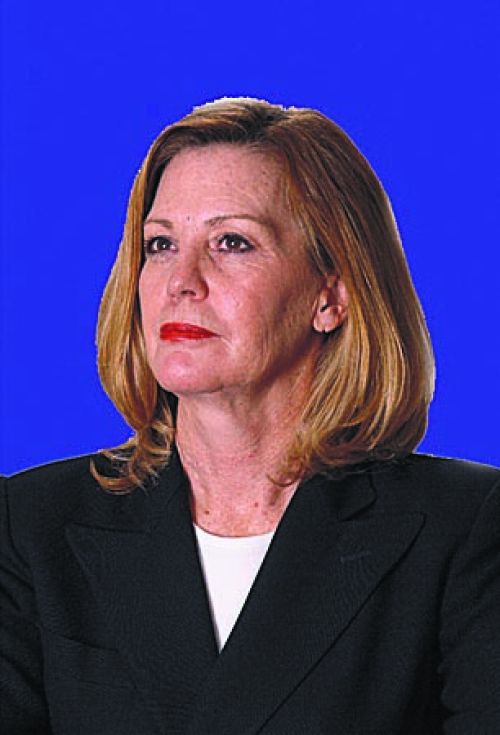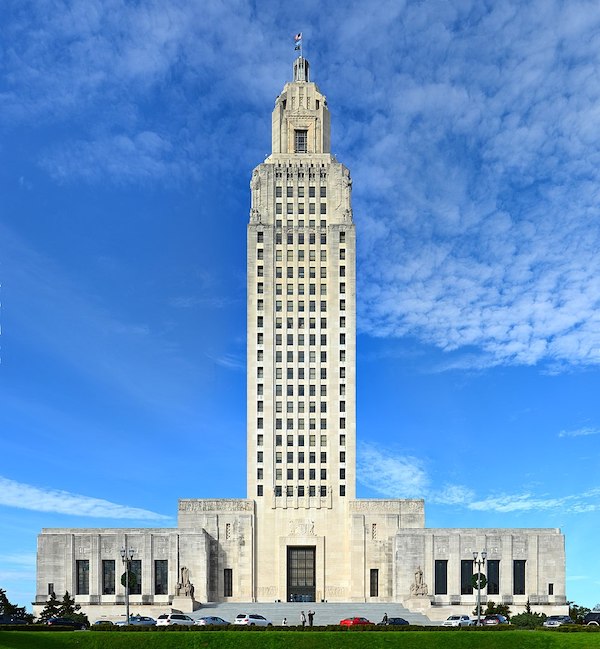
Murky Dealings: Bill makes for fisheries furor
April 10, 2013Traffic ticket late fees forgiven
April 10, 2013Lafourche Parish President Charlotte Randolph has asked the three-judge panel that found her in violation of the state’s ethics code to rehear the case.
Attempting to legally define the parish’s agreement with BP as one-sided and claiming the monetary penalties assessed by the EAB are unprecedented, attorneys representing Randolph have petitioned judges to reconsider their findings. They filed April 1, 10 days after the board issued its ruling.
“Because the agreement was a unilateral contract with no reciprocal obligation imposed on Lafourche Parish, the agreement was fully satisfied on May 13, 2010 when BP Exploration made the payment to Lafourche Parish,” the appeal filing reads. “Thus, Charlotte Randolph was not prohibited from receiving any thing of economic value from BP Global when Randolph Publishing leased Charlotte Randolph’s camp to BP Global on June 18, 2010.”
In a supporting memorandum, Randolph’s attorneys cite evidence filed by the Board of Ethics, which argued the parish president was in violation of the ethics code, that labeled the $1 million in BP money as “irrevocable and nonrefundable.” The wording insinuates that once the money was accepted, BP and Lafourche Parish Government no longer had a reason to negotiate, limiting the sway Randolph had over the financial agreement.
The EAB found that Randolph collected $50,000 from June through October 2010 from BP for the rental of her Grand Isle camp. In May of that year, BP provided Lafourche Parish Government $1 million to offset oil-spill related costs to the public.
The state ethics code forbids a public servant from conducting private business with parties who are seeking or engaged in business with the public servant’s agency.
“As parish president, during the term of her public service, Charlotte Randolph was prohibited from receiving anything of economic value from any entity with a financial relationship with the parish. She violated this prohibition,” the EAB judges ruled.
Randolph was ordered to fork over the $50,000 and fined the maximum amount of $10,000 for violating the Code of Governmental Ethics.
Randolph and her husband George were without legal representation when they made their case to the EAB on March 7.
The petition to rehear filed with the Division of Administrative Law was signed by Jennifer Jackson, based in Baton Rouge, and Jerald Block, of Thibodaux.
The attorneys said the fine was a “radical departure” from the amounts previously assessed and “it is believed that the fine assessed against Charlotte Randolph is the largest fine ever assessed by the Ethics Adjudicatory Board or the Ethics Board.”
“The goal of the Ethics Code is not to punish but to prevent public servants from becoming involved in conflicts of interest,” the filing says. “The fine assessed, given the totality of the circumstances, punishes Charlotte Randolph and does not advance the Ethics Code’s goals.”
Her attorneys went on to argue in their supporting memo that the ruling will foster a bleak precedent that limits the pool of public officials.
“And, of greater importance, the threat of such draconian fines will have a corrosive effect on the recruitment and retention of qualified elected and appointed governmental officials for years to come,” it reads.
While the Randolphs argued during the hearing that the BP agreement with parish government was a “donation,” their defense centered on pleadings that there was no intent of wrongdoing and an emphasis that quid pro quo was not existent or proven.
The renting of their camp to BP after the Deepwater Horizon blowout was altruistic because the area lacked vacancies to house workers responding to the millions of barrels of discharged oil floating toward the Louisiana shoreline, they argued.
Tracy Barker, the board of ethics staff attorney who presented the case against Randolph, argued the violation was a boilerplate example of what the code prohibits and that her intent and argued misunderstanding of the way the law applies were not relevant.
The three judges who heard the case – John Kopynec, Alycia O’Bear and Suzanne Sasser – will determine whether the case should be reopened.
Three members of the Lafourche Parish Council have seized on the EAB ruling and cosponsored a resolution for the council’s April 9 meeting that would request Randolph to resign her position.
At the time of publication on Monday, it was unclear if the resolution would be voted on, much less approved by a majority of the council. In the event it did pass Tuesday night, it would have no force.
The councilmen sponsoring the resolution were Jerry Jones, Jerry LaFont and Daniel Lorraine, who have often aligned against the parish’s top executive in political debate.









